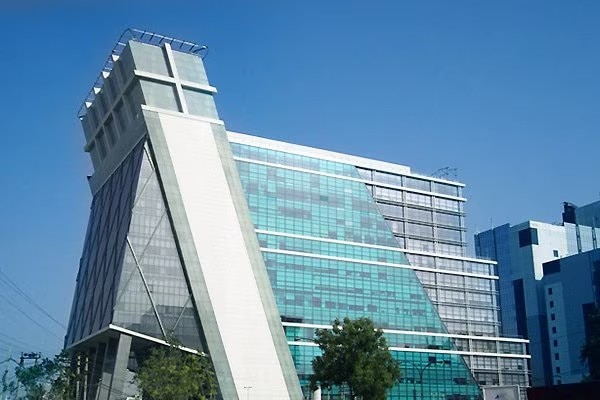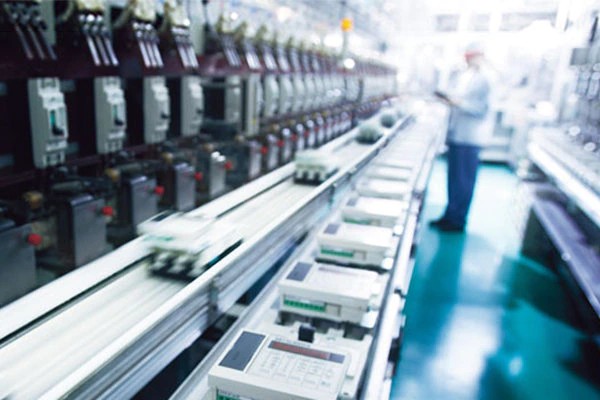News Releases
Note
Note that the releases are accurate at the time of publication but may be subject to change without notice.
This page shows only the most recent items. For the full archive of press releases please click ‘Search by category or year.’
Free word search
News releases published on this site can be searched with a free word search.
Search by category or year of publication
There are no articles for the condition you specified.




